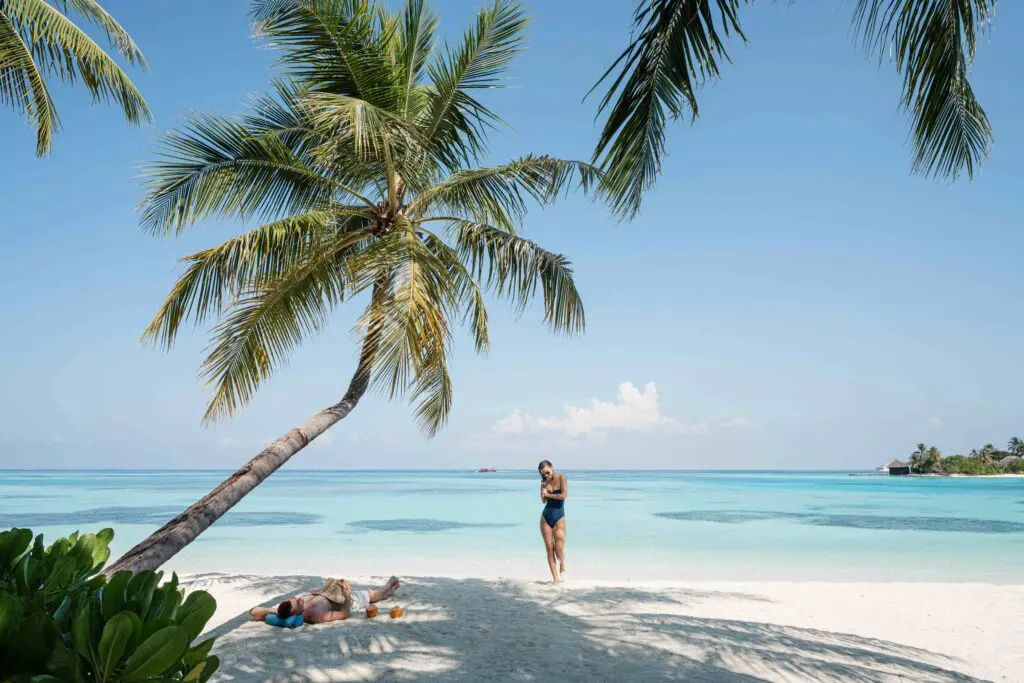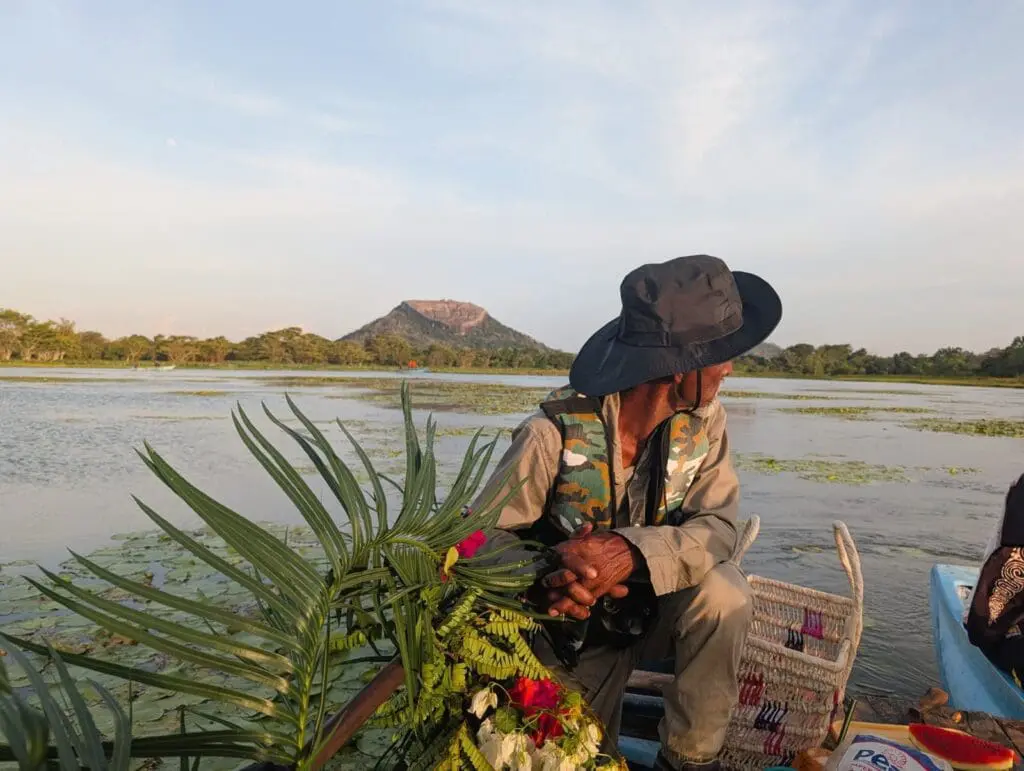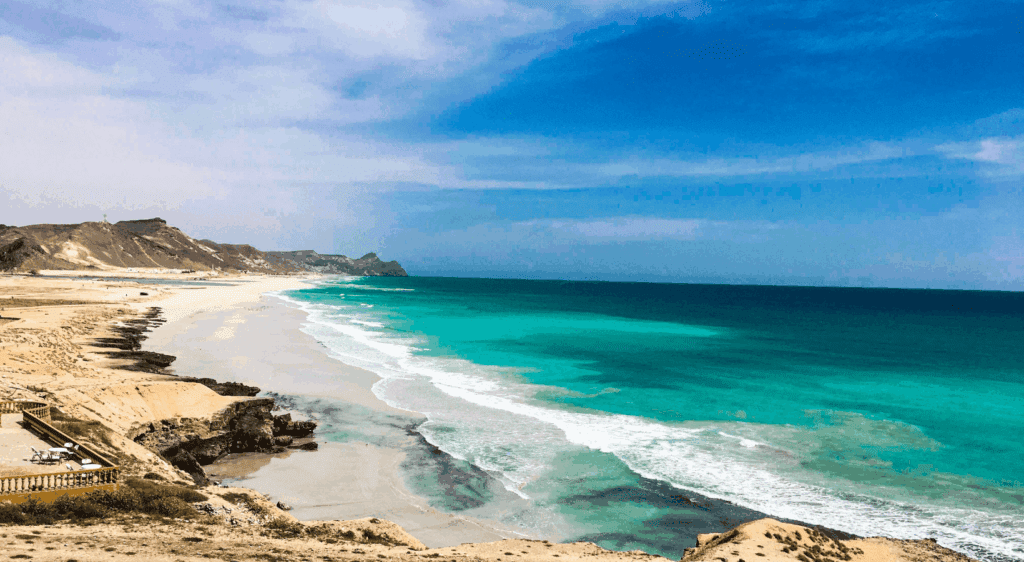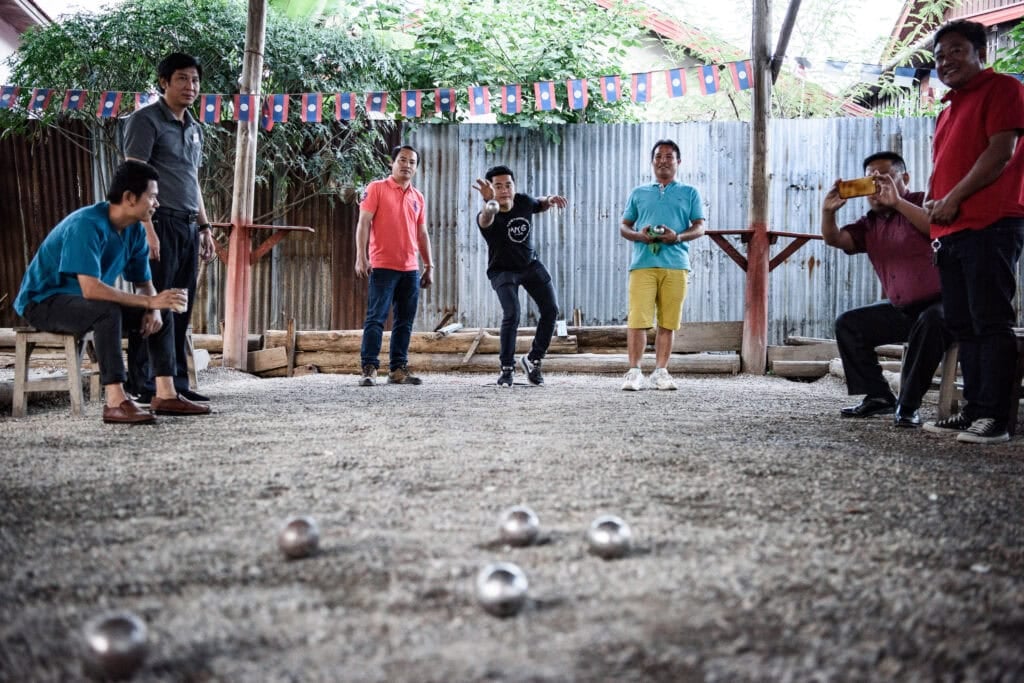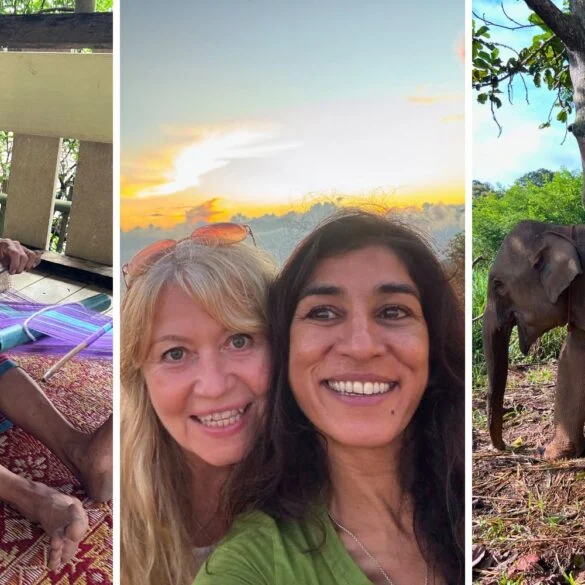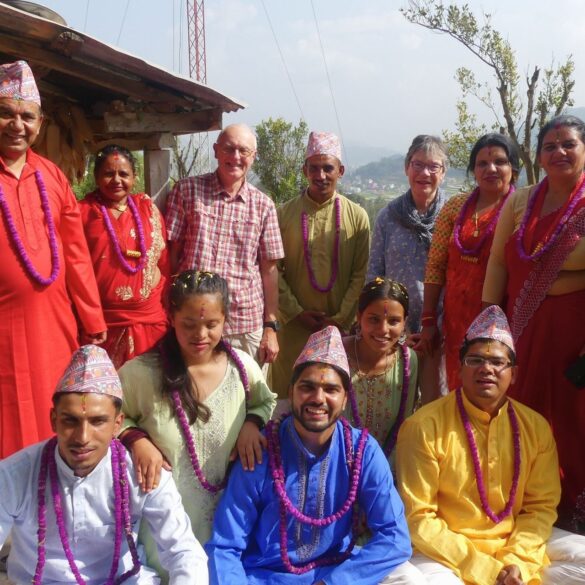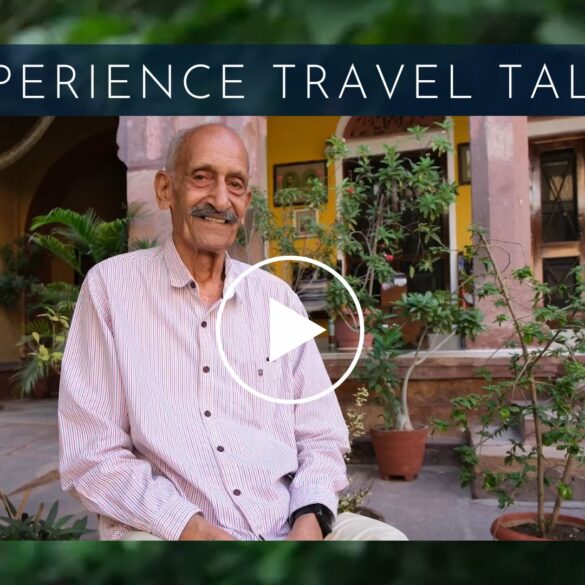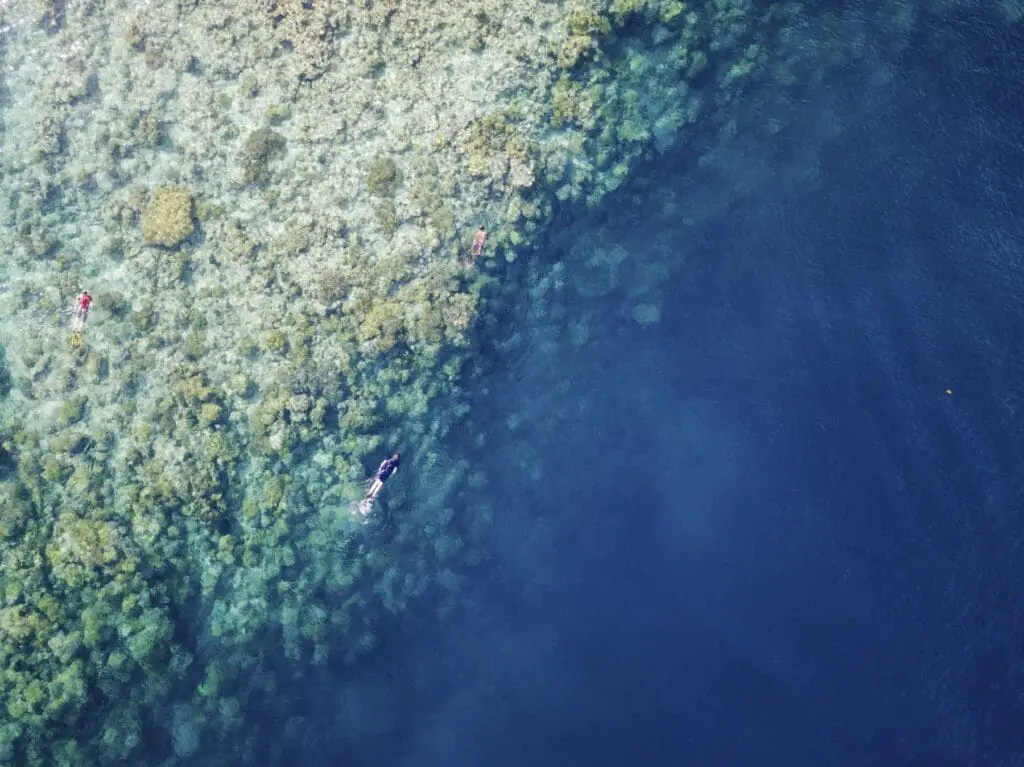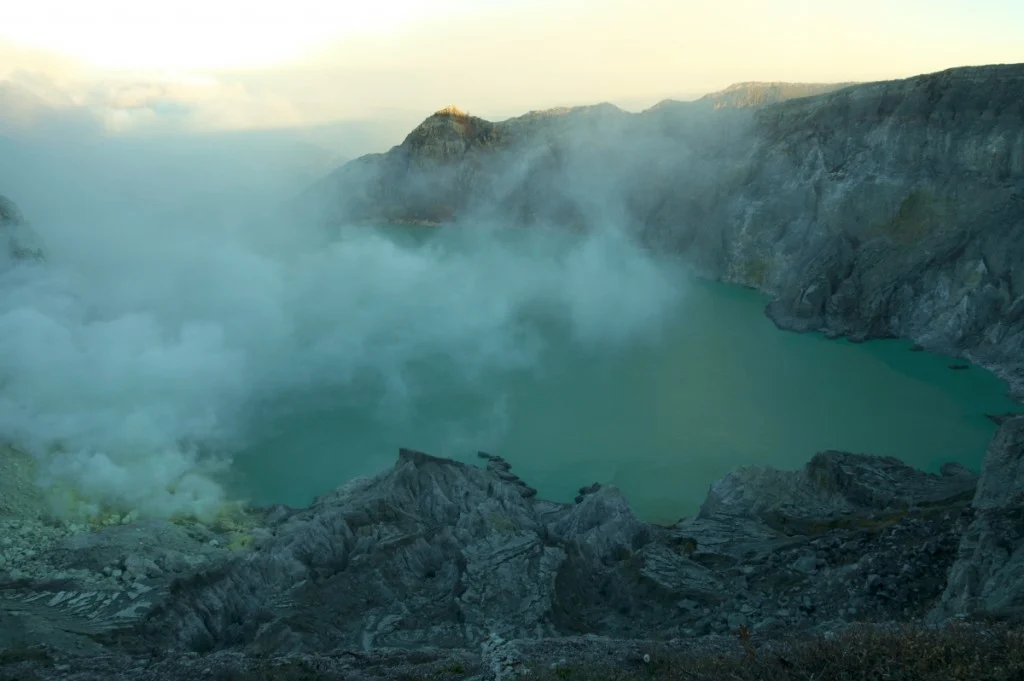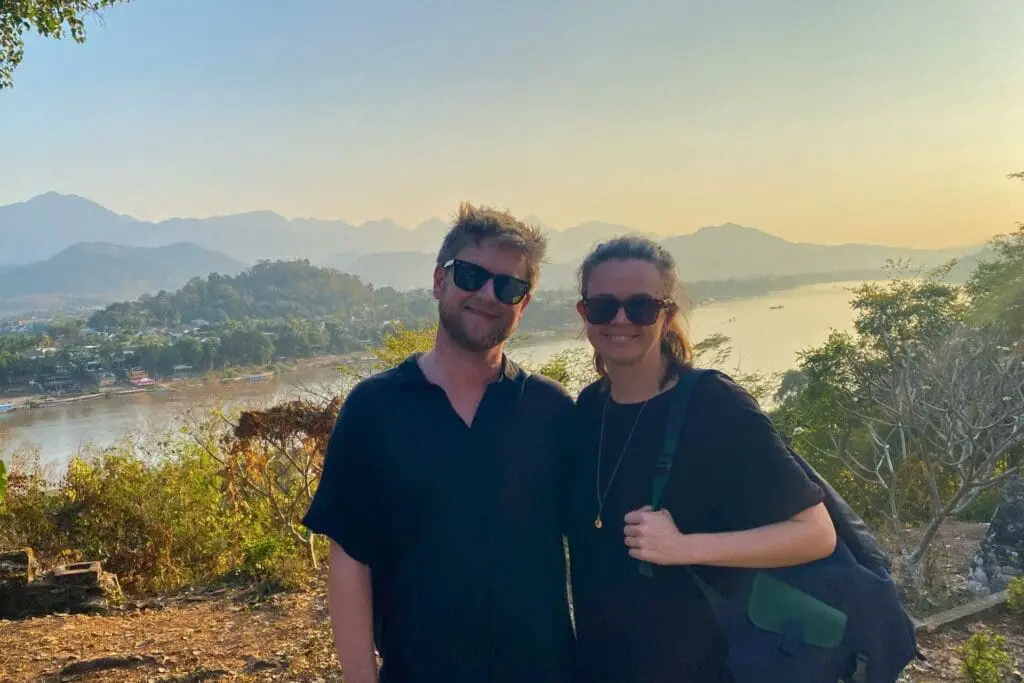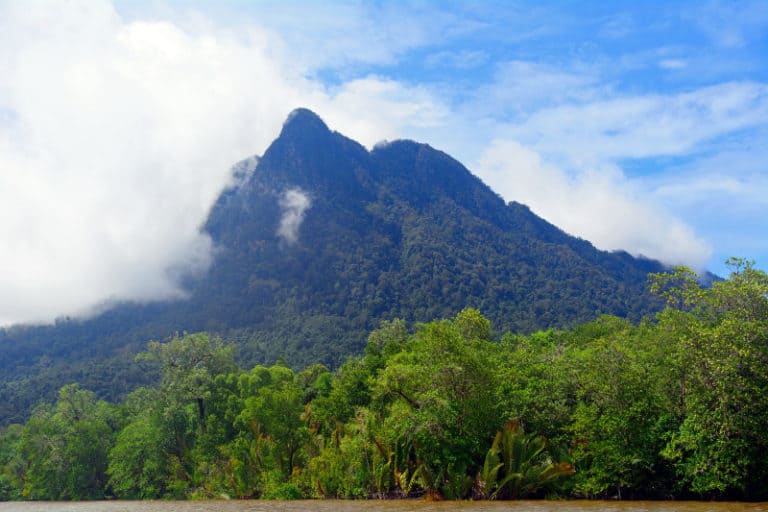

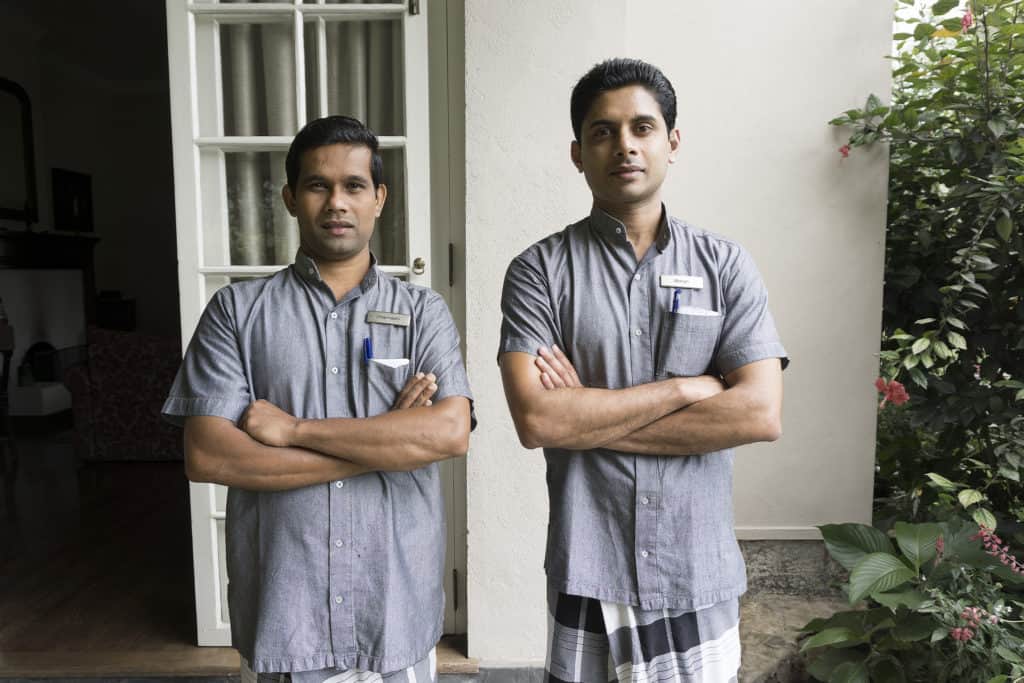

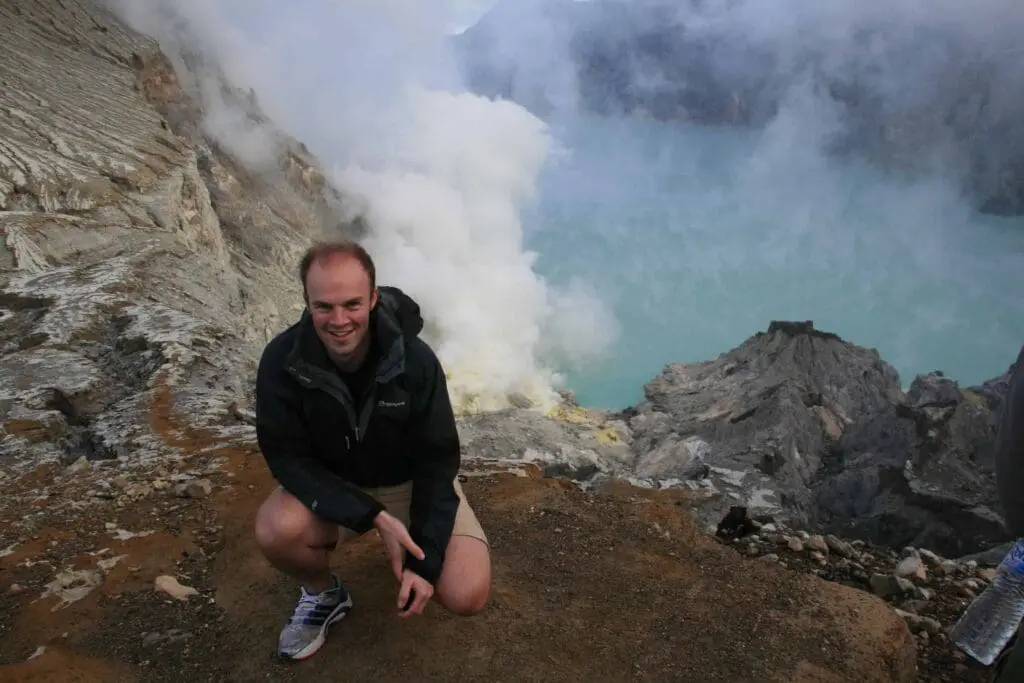


Top 8 Best Beaches in Oman
Top 8 Best Beaches in Oman
A trip to Oman isn’t complete without a visit to one of these jaw-dropping beaches.
Is Bhutan the World’s Most Expensive Travel Destination?
Is Bhutan the World’s Most Expensive Travel Destination?
“But Bhutan costs a fortune, doesn’t it?” my friend Emma remarked when I told her I was going to Bhutan late last year to scope it out as the latest exciting addition to ETG’s growing portfolio of specialist destinations.
Hidden Gems of Borneo: Bako National Park & Santubong Peninsula
Hidden Gems of Borneo: Bako National Park & Santubong Peninsula
At just under an hour’s drive from Borneo’s Kuching International Airport, Bako National Park and the Santubong Peninsula offers an authentic jungle experience as soon as you’re off your flight. Our new Borneo travel specialist, James, he gives his insights into his hidden gems of Borneo – an idyllic region in the western state of Sarawak.
Explore
Whether you're chasing monsoon magic in Kerala, discovering ancient stories in Varanasi or drifting through calm backwaters on a houseboat, each journey we curate invites deeper connection, with the culture, the land and a more present, curious version of yourself.
